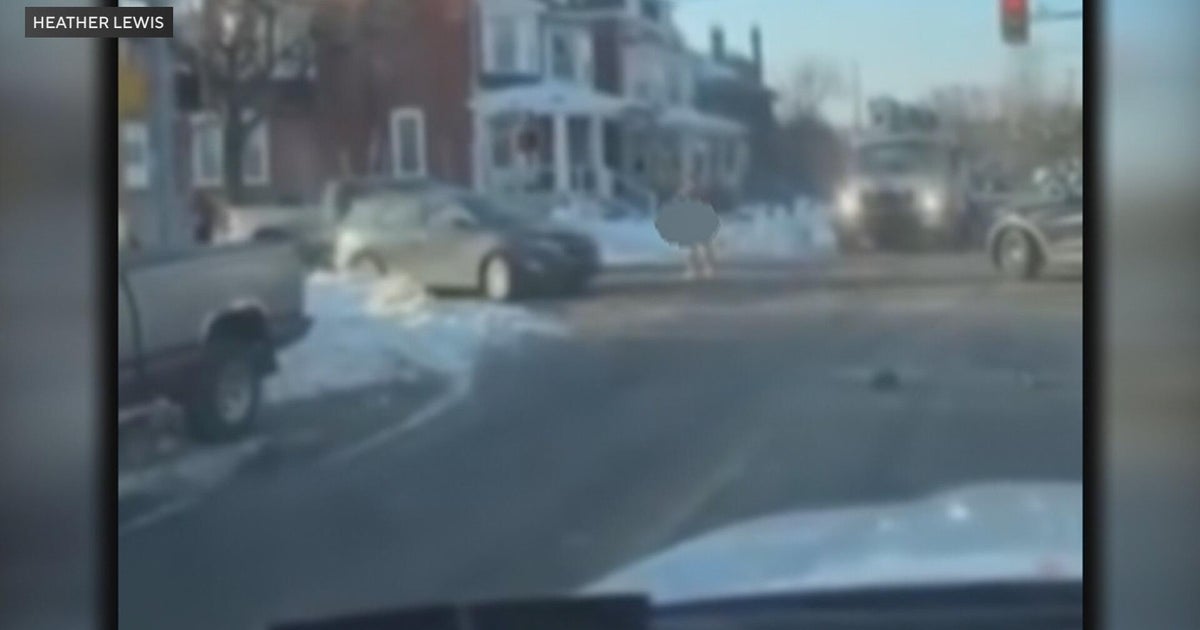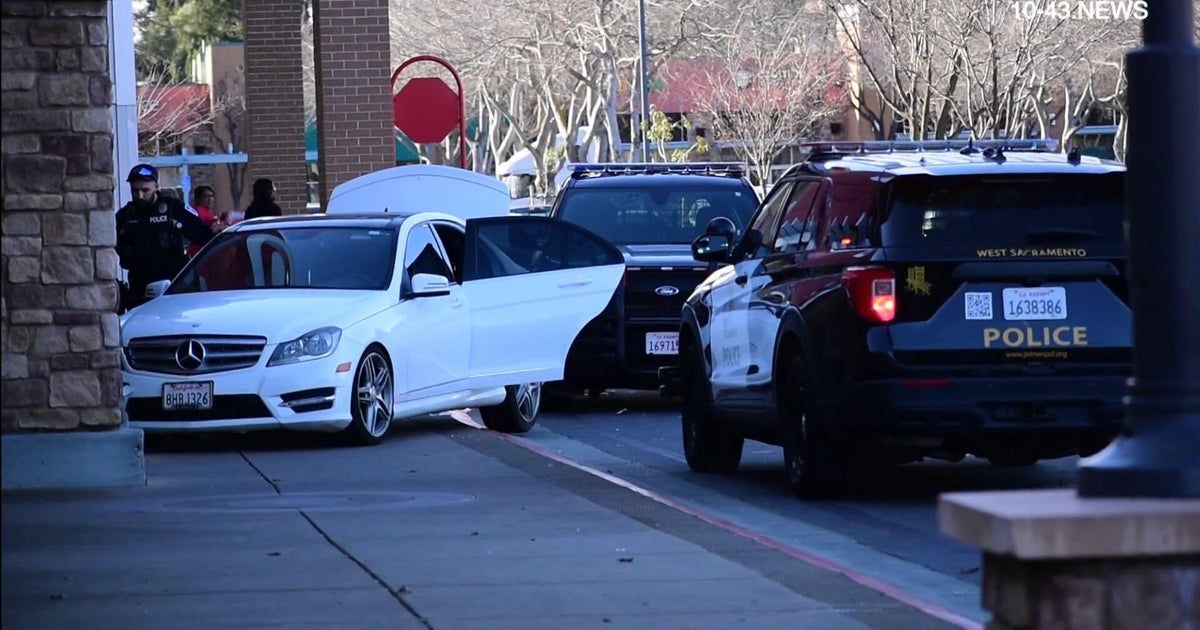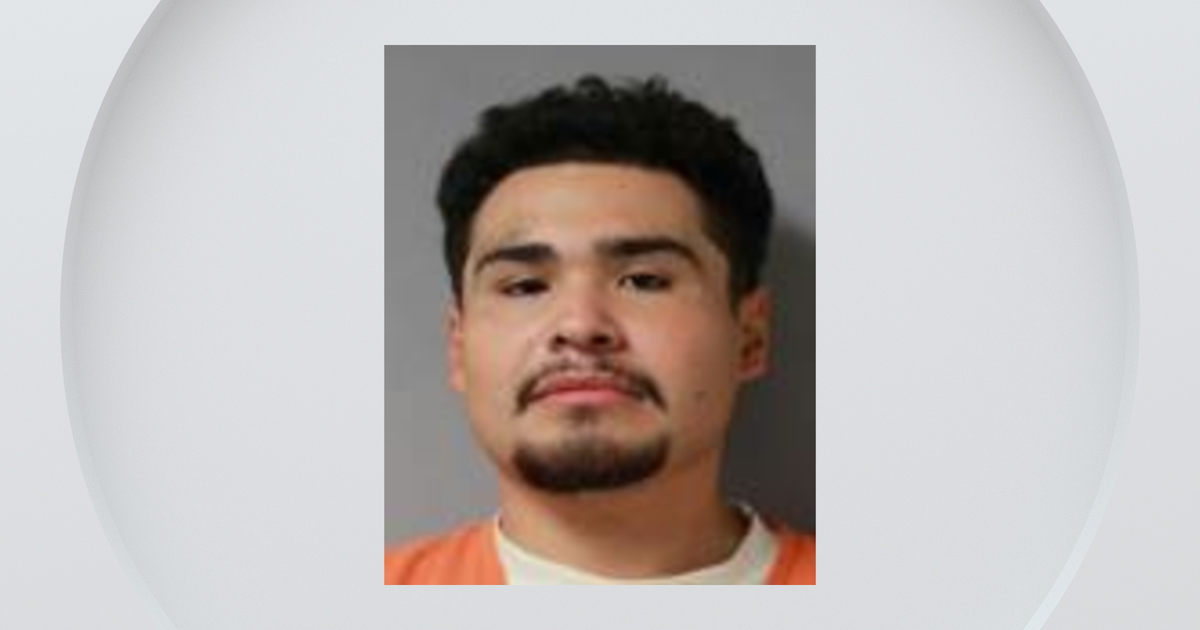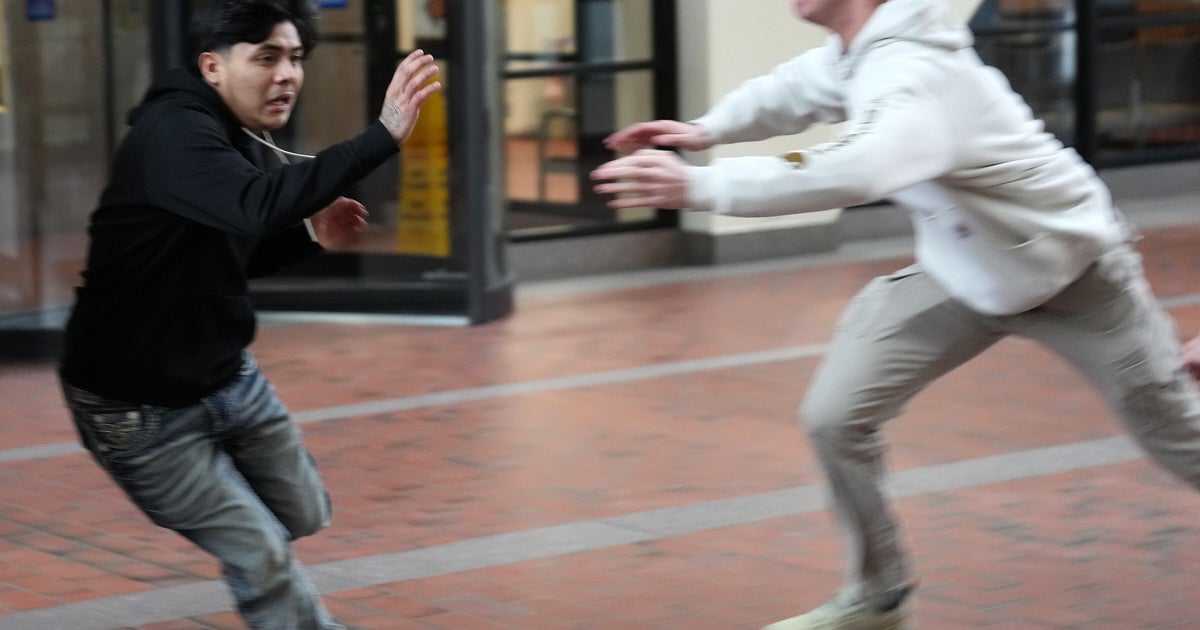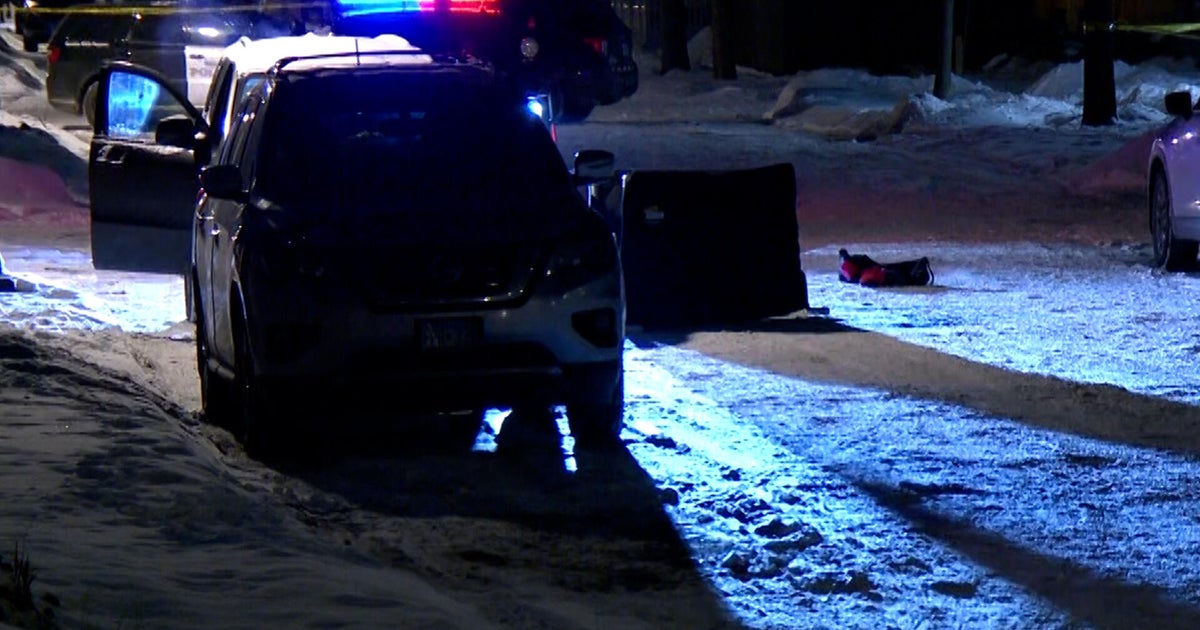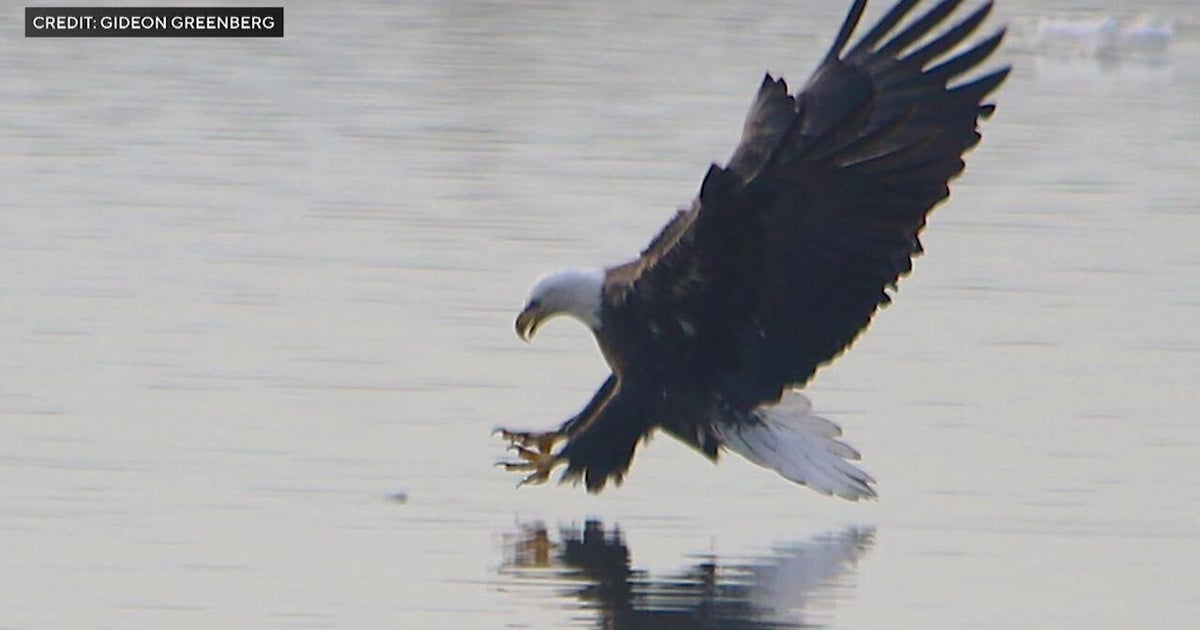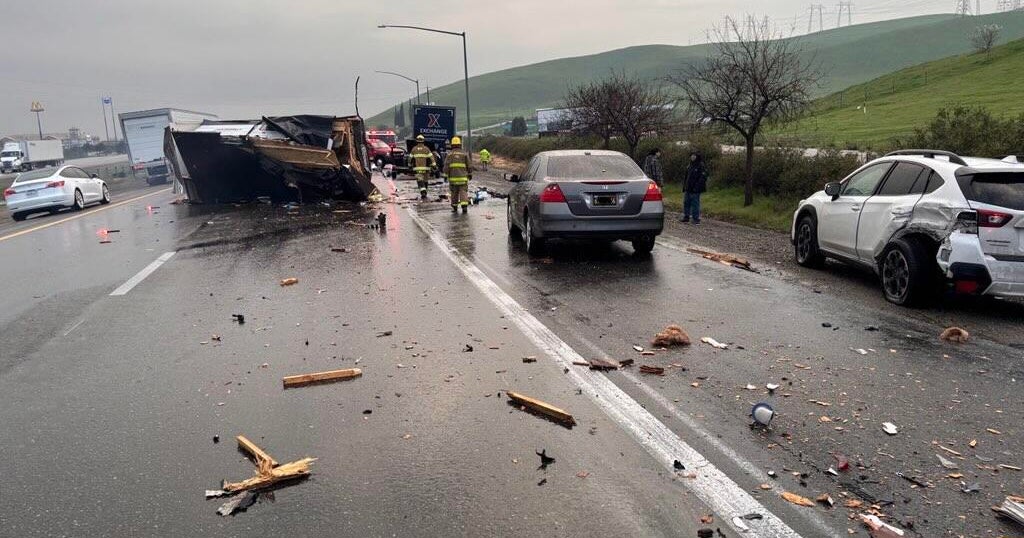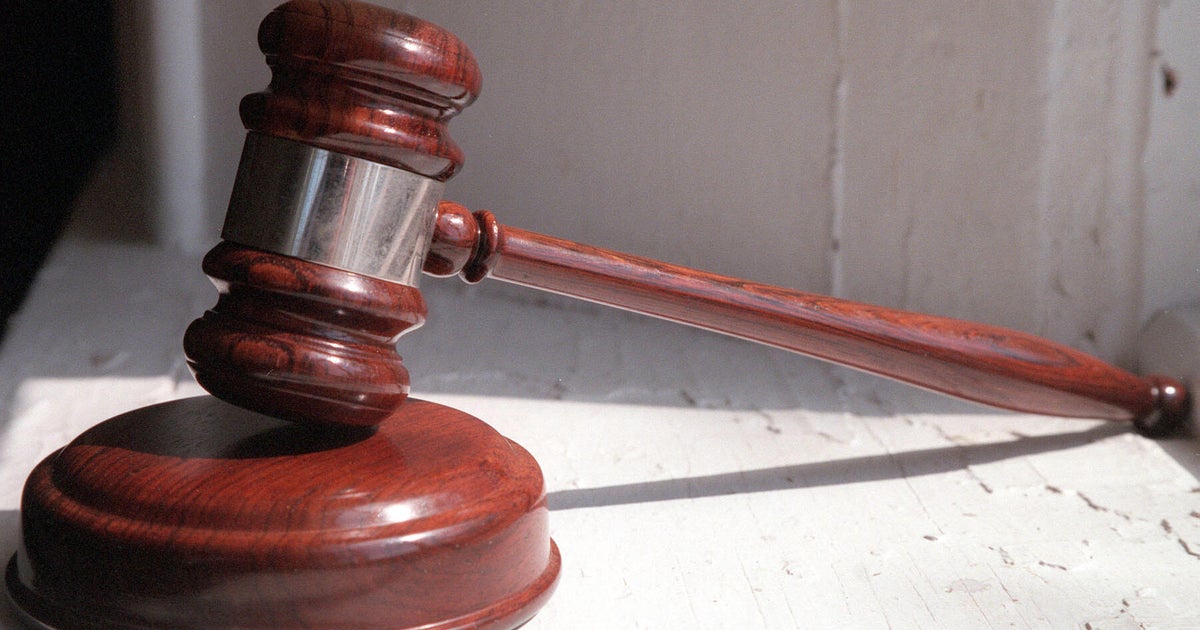Minn. Man With 27 DWIs Released From Prison
MINNEAPOLIS (WCCO) -- Last year, Minnesota police officers, county deputies and state patrol officers arrested nearly 30,000 drivers for driving while intoxicated. Worse yet, for over 40 percent of them it wasn't their first time.
But none of them comes close to the 27 DWIs that Daniel Lee Bettcher has amassed. On Friday, Bettcher was released from the Lino Lakes Detention Center after serving out his sentence from a 2009 DWI arrest.
In that case from Otter Tail County, Bettcher, 59, was picked up for blowing a stop sign while operating a motorcycle. In May 2009, he picked up his twenty-seventh DWI for driving with a blood alcohol level of twice state's the legal limit.
"I find it completely outrageous; I think he's a danger to the public," says Lynn Goughler, a local board member of the Twin Cities chapter of Mothers Against Drunk Driving.
She says Bettcher's case points to the need for tougher punishment to prevent offenders from offending again.
"Everybody wants to make a new law, but we have a lot of laws," she said. "I think we have to look at the ones we have, strengthen the DWI laws and then be sure the courts are imposing them."
After serving out his latest sentence, Bettcher was released from Lino Lakes and is expected to go back to Otter Tail County, where he will be under supervised release. His driving privileges were revoked years ago and final conditions of his release will be set by his probation officer.
Yet, while Bettcher's 27 DWIs is the state's most outrageous record, he's not alone. The sad reality is that there are 1,265 people in Minnesota with 10 or more drunk driving arrests.
"It's incredibly frustrating," said Lt. Eric Roeske of the State Patrol.
Preventing offenders from driving drunk after their first arrest continues to be a challenge, Roeske said. But he admits, often times, they will drive without a license, borrow a friend or family member's vehicle and continue to get behind the wheel.
Roeske added: "They'll find a way around it, so it's really up to us to get them while they're on the road."
